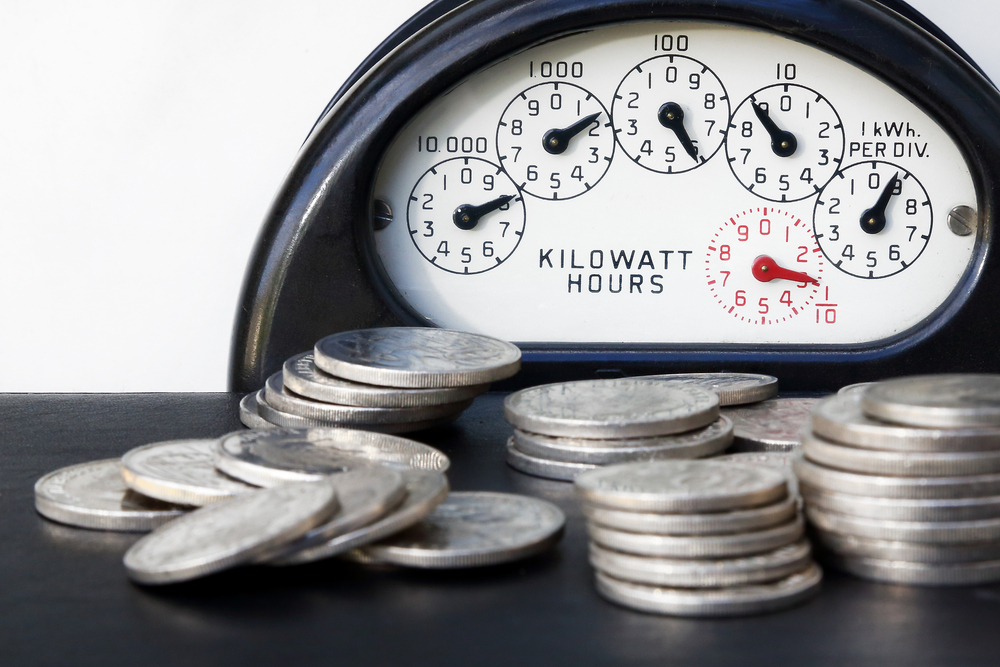 While the number of people falling into arrears is at its lowest level in 20 years, rising rents and living costs have seen rental evictions soar.
While the number of people falling into arrears is at its lowest level in 20 years, rising rents and living costs have seen rental evictions soar.
Data from the Council of Mortgage Lenders has revealed that there were 92,500 mortgages in arrears of at least 2.5% of the balance in June.
This is 13.4% lower than a year ago – when the total stood at 106,800 – and the lowest level since records began in 1994.
The news comes a week after the Bank of England decided to cut interest rates from 0.50% to 0.25% – the lowest on record. It is the first interest rate cut since 2009, when the financial crisis was at its peak.
The number of properties taken into possession also fell to 1,900, down from 2,100 in the first three months of the year.
There has been a steady fall in mortgage repossessions since 2008, coinciding with lower interest rates and a proactive approach from lenders in managing borrowers in financial difficulty.
If the present trend continues, the number of mortgaged property repossessions this year is on course to be the lowest since 1982.
Paul Smee, CML director general, said: “Another welcome reduction in arrears and possessions shows that borrowers are continuing to prioritise their mortgage commitments and that lenders remain committed to helping them through a period of temporary difficulty, wherever possible.
“As ever, the key to success in dealing with any payment problems is to address them as soon as possible. Any borrowers anticipating difficulty in paying their mortgage should therefore speak to their lender at the earliest opportunity.”
However, Jonathan Harris, director of mortgage broker Anderson Harris, said there was “no room for complacency”.
He said: “There are still many homeowners being repossessed or finding themselves in arrears on their mortgage each year, which begs the question: what will happen when interest rates move the other way and start to rise? How will people cope? We suspect that when it comes to their finances there are many people teetering on a knife edge and rate rises could easily push them over.
“While it looks highly unlikely that interest rates will rise anytime soon, borrowers should still plan ahead and consider how they would cope with higher mortgage rates. For those who would struggle to pay their mortgage were interest rates to rise, a fixed rate makes a lot of sense, and there are some incredibly cheap deals available.”
Rental evictions
Separate figures released by the Ministry of Justice show that the number of rental evictions has shot up in the past five years.
In the last 12 months, 22,592 private renting households in England have been evicted by bailiffs – 88% higher than the number five years ago.
According to the latest HomeLet Rental index, the average UK monthly rent is £773, while in London it is £1,575.
Campbell Robb, chief executive of Shelter, said: “These figures demonstrate the terrible impact of crippling welfare cuts and a chronic lack of affordable homes on thousands of renters across England.
“Renting privately is increasingly the only option available for many families, but high rents, a lack of stability and a wave of welfare cuts mean that every day at Shelter we hear from families desperately struggling to make ends meet and keep a roof over their heads.
“The new Prime Minister and her government have a real opportunity to stop families from being pushed into homelessness, by ensuring the support available for struggling families reflects the sky high cost of private renting. But ultimately, to address the root causes of our housing crisis the government must make a decisive commitment to build homes that people on ordinary incomes can actually afford to rent or buy.”







